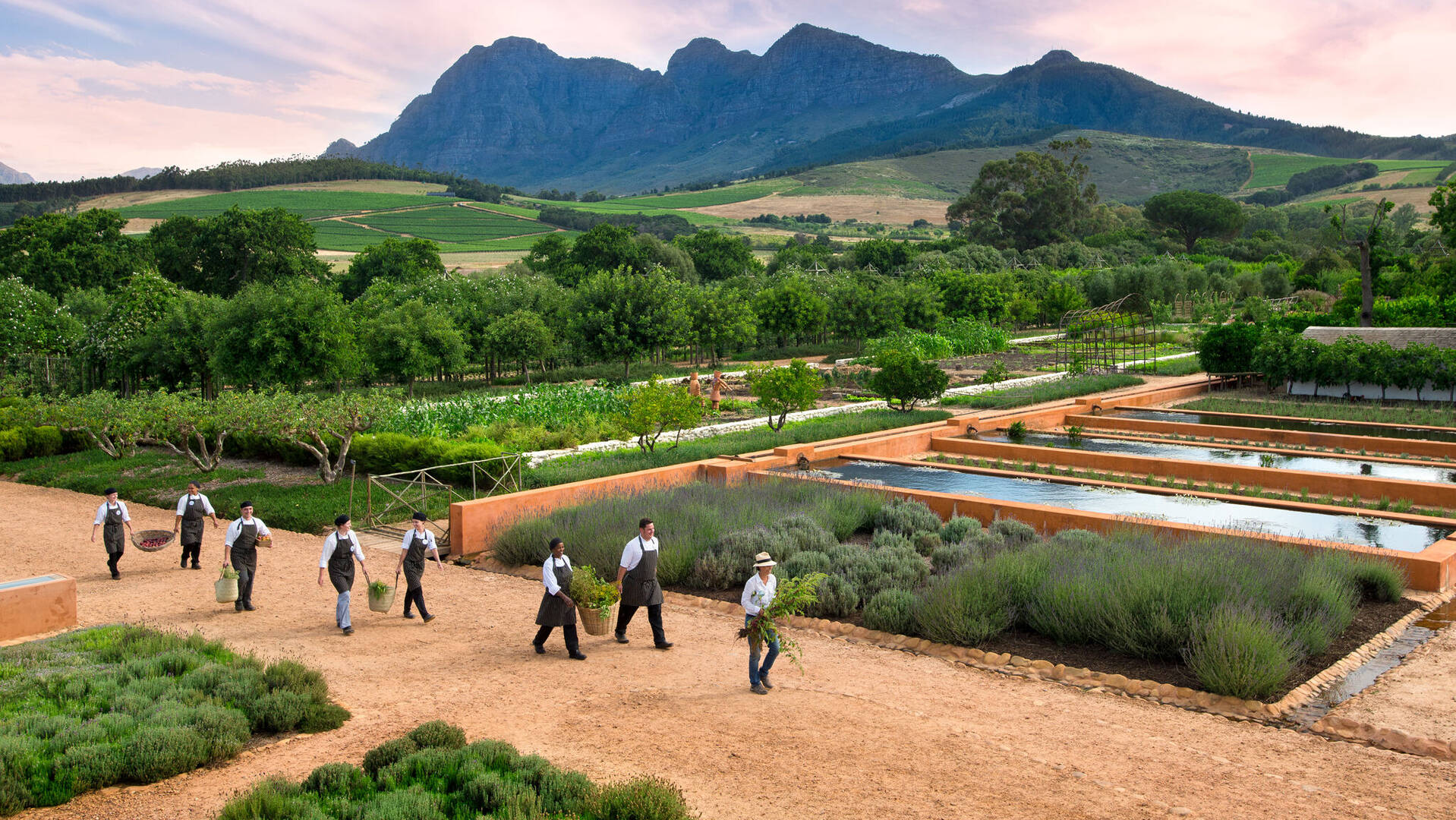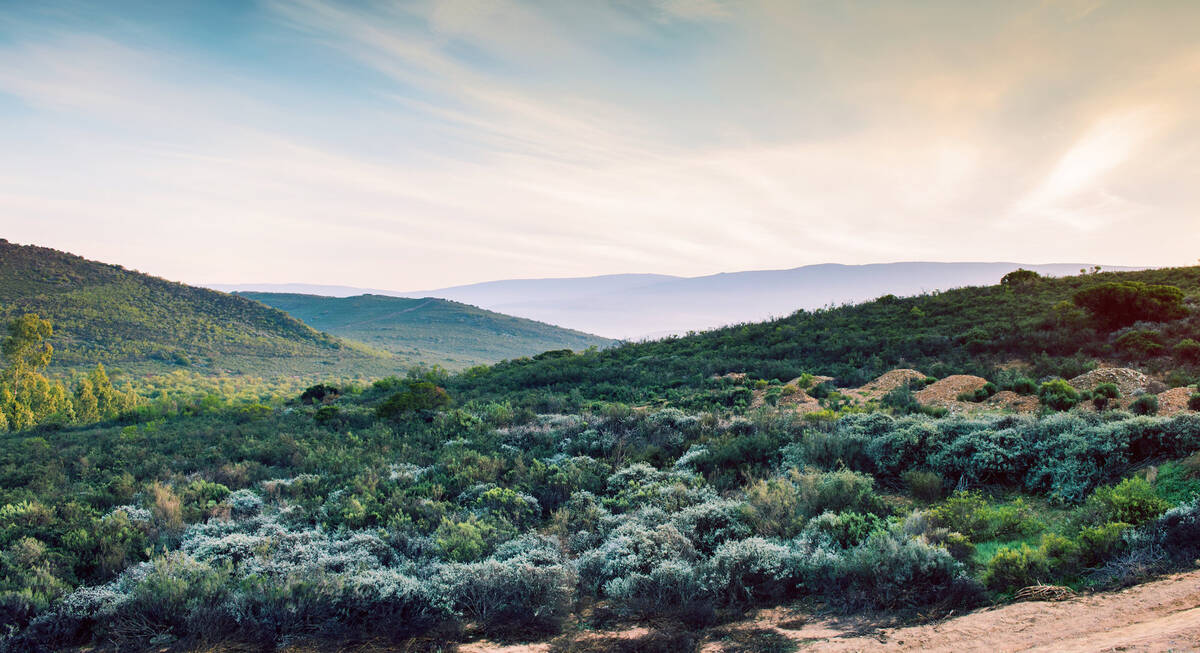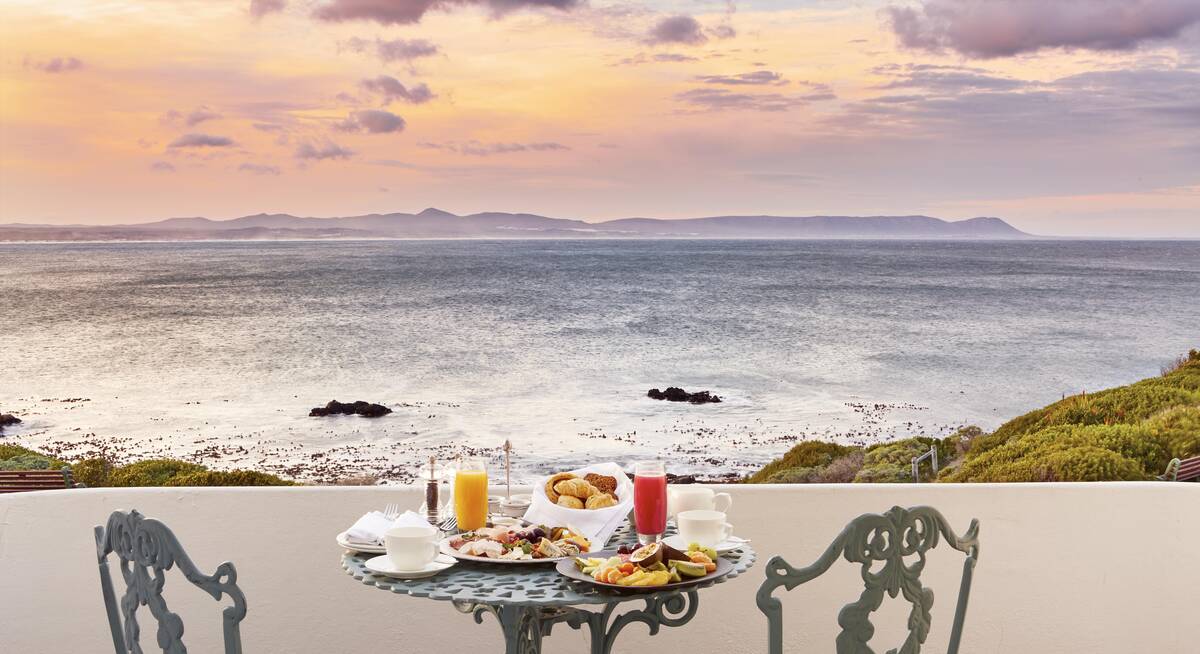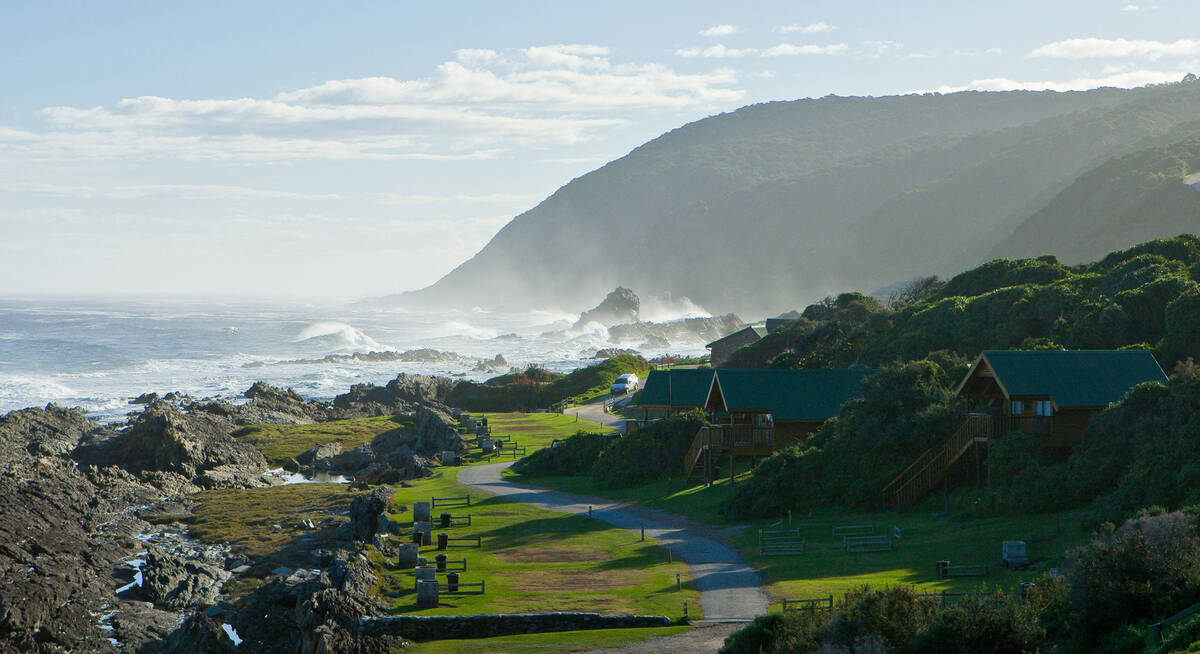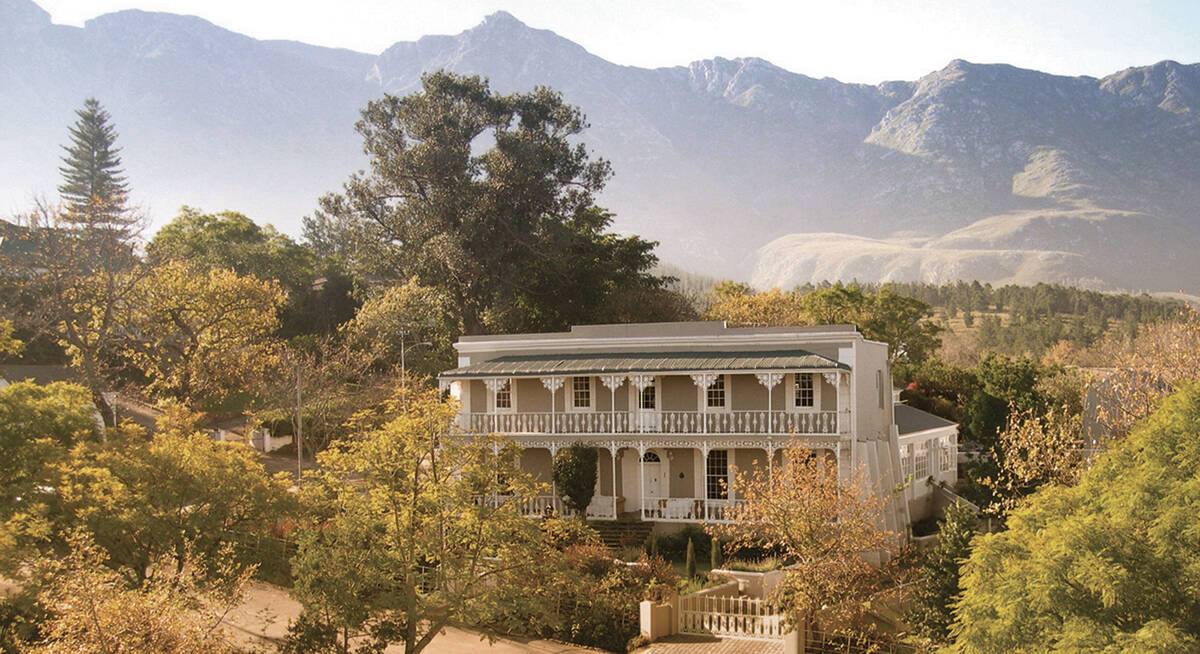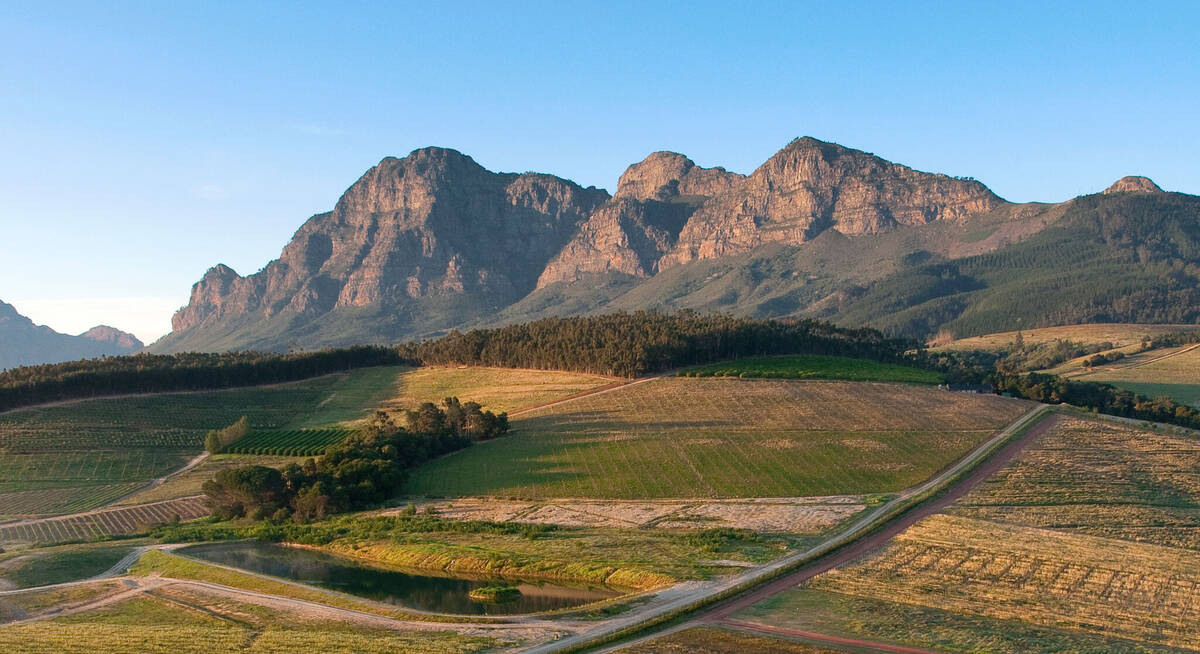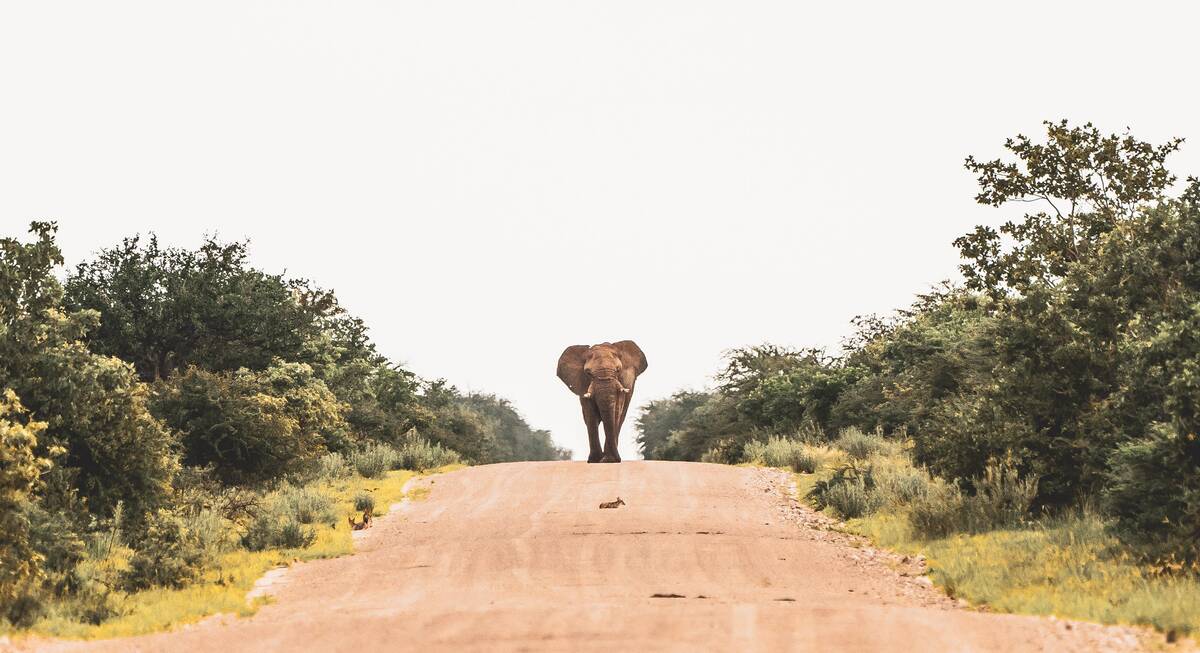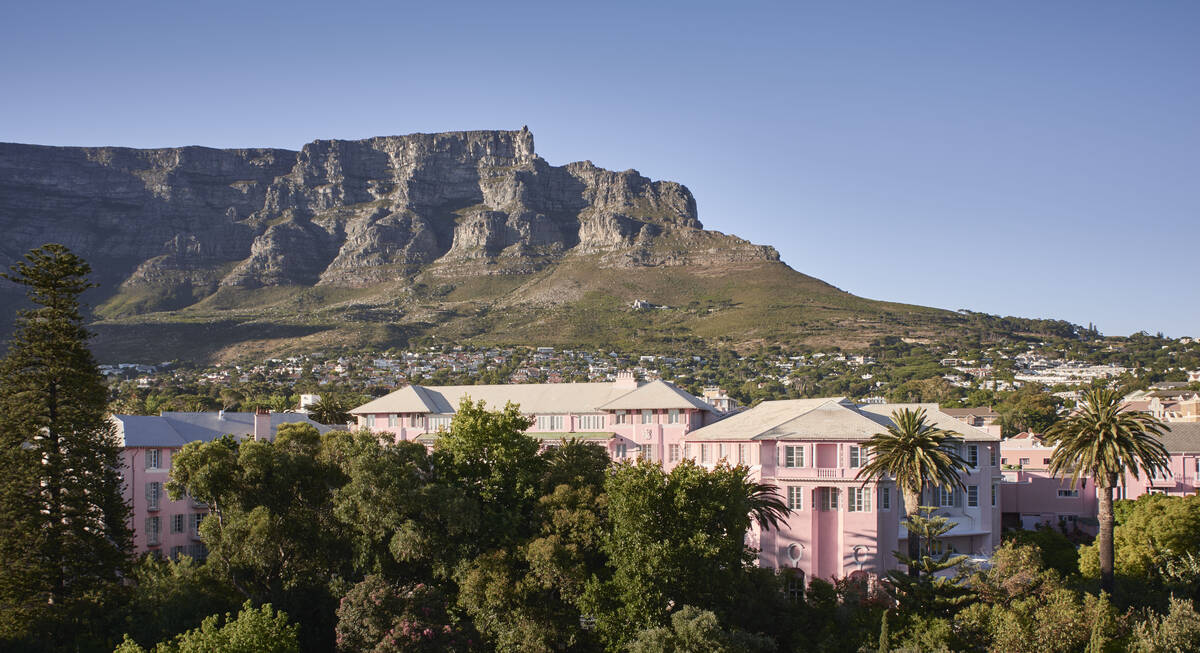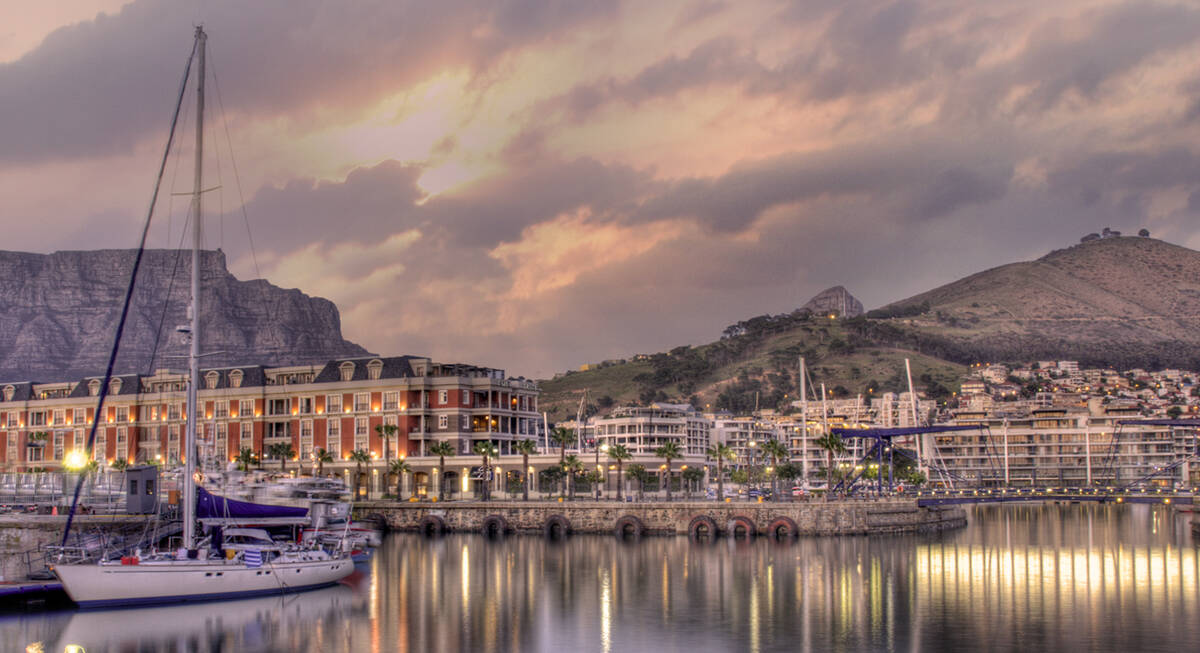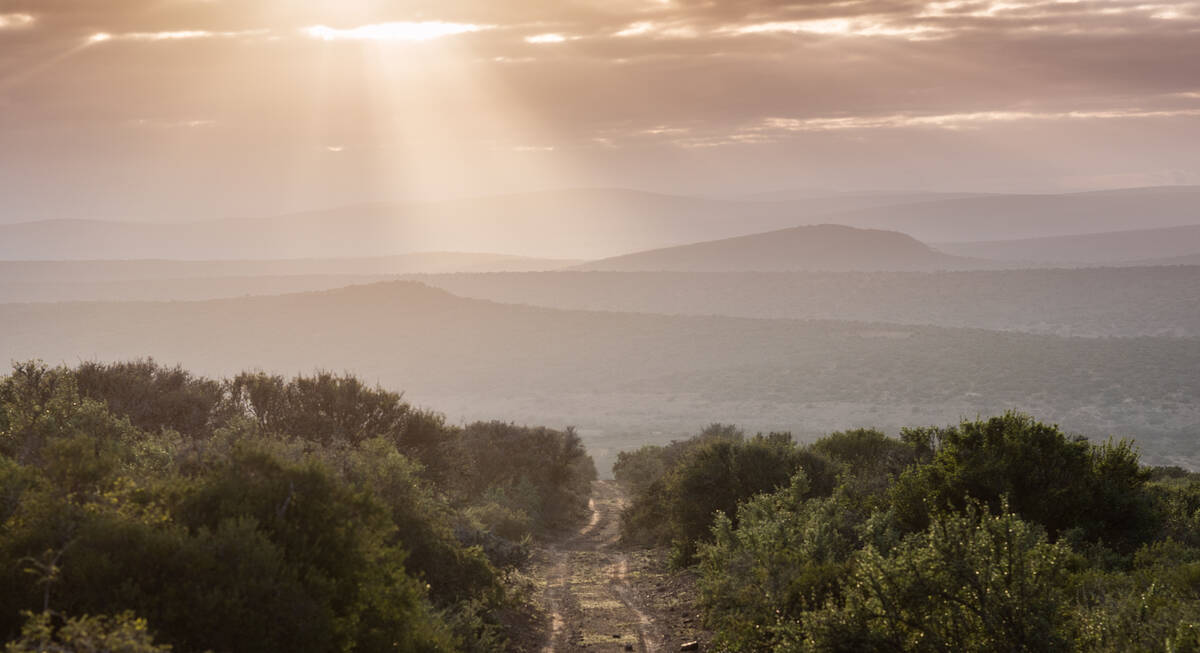During your holiday you may take a day tour and your guide can be integral to your enjoyment. Thus we suggest tipping him/her appropriately to the level of knowledge they imparted and their overall involvement.
Many people work behind the scenes to help you make the most of your holiday, including the chefs, the kitchen team and the housekeeping staff. To cover all of these ‘back of house’ people, camps/hotels often have a general staff tip box – the proceeds of which are divided equally between these members of staff.
Camp managers are of course important, but should you tip them? In our opinion, this is a similar situation to that of a restaurant owner. Although they are clearly important, you wouldn’t normally tip them. Similarly, we wouldn’t usually recommend that you tip the camp/hotel manager.
Of course, if the manager helped you with something outstanding or very extraordinary, you may want to make an exception to this rule.
When to tip
This is an important question, with three distinct options:- After each activity
- At the end of each day
- At the end of your stay
Your guide will not expect a tip after each activity, or even at the end of each day. Tipping in this way could pressurise a guide to ‘perform’ for the guest who is tipping, and thus could distort the relationship between the guide and the guests as a whole. It would also put your fellow guests in a very difficult position if you were offering frequent tips, and they were not.
How to tip
Most camps and safari lodges in South Africa have a tip box of some description. Sometimes the tip box will be for all the staff; sometimes it’ll be for the staff excluding the guides; sometimes they will have boxes for the various teams in the camp: each camp has its own etiquette.Some camps explain their tipping policy in the literature left in their rooms. If not, ask the manager and, if there’s a tip box, find out who shares the proceeds. You can then decide whether to put everything into the box, or to tip some members of the team separately and more directly. In most South African camps, guides and trackers are tipped directly, with other staff usually sharing the proceeds of the general staff tip box. However, this does vary, so do ask!
Most travellers tip in cash, with the preferred currency in South Africa being the South African rand (or failing that, US dollars or even euros or GB pounds). Whether or not you can tip by credit card depends entirely on the camp, their accounting practices and their ability to process cards, but note that tipping this way makes it difficult to direct your tip to a precise team member.
A great idea if you would prefer to go well-prepared is to bring a small supply of envelopes for your tips, perhaps with a thank-you note inside. Generally you would then hand these out towards the end of your stay, either directly to individuals or by placing them into the general tip box. If you cannot find the person you wish to tip you can always leave a named envelope with a manager to pass on. In the same vein, taking a good supply of small denomination notes will ensure that you have the right cash to hand.
How much to tip
The guidance we offer here is based on our experience in South Africa. In the end, though, tipping depends on your personal opinion and your individual satisfaction – moderated by some understanding of the issues mentioned above.With this in mind, we’d recommend that for good service in various situations, our travellers tip around:
- At the airport: Only use the baggage assistants in uniform (normally orange overalls). They have a fixed rate of ZAR10 per bag and a sign of US$2 fixed to their carts.
- On safari: You will usually be assigned a guide and a tracker. A good tip indication is an average of ZAR120–250 per person per day for the guide, and ZAR60–120 for the tracker. If you only participate in a half-day activity (morning or afternoon excursion) then we recommend half of the above sums to each of the tracker and guide. If you have a private guide for a full day then we would suggest a tip of ZAR200–300 per guest per day. Most safari lodges also have a general staff gratuity box (for waiters, chambermaids etc) and ZAR50–150 per guest per day is a suggested tip guideline.
- At your city or town hotel: Porters – generally around ZAR20 a bag. Doormen can be tipped about the same, if they perform a service such as sourcing a cab. ZAR20 is pretty handy as a general tip and is safe to fall back on if in doubt.
- Day tours: For a full-day tour, we suggest ZAR100 per person.
- Restaurants: A 10% tip is acceptable for good service – or more if you consider the service to have been exceptional.
- In bars: Tips are the exception rather than the norm, and even then, the loose change from your drink is generally acceptable.
- Filling stations: All filling stations (petrol garages) in South Africa have attendants who will fill your tank and wash your windscreen. A tip of about ZAR5 is welcomed.
- Car guards: Whenever you try to park in urban centres, car guards will assist you (not always competently) to park and then watch over your vehicle while you are away, with a view to deterring vehicle-related crime. Some belong to more formal security companies than others and where possible we recommend using these. A ‘donation’ of ZAR5 usually suffices.
Tipping is a sensitive issue, but there is no need to feel awkward. It’s a normal part of a service industry in South Africa, as it is in many countries. Just remember that thoughtless tipping by relatively affluent visitors can have a big impact on the local economic and social balance – so please keep that in mind when you tip the staff during your holiday in South Africa.
Our top picks for holidays to South Africa
We'll always tailor-make your Town for you. Here are some of our favourites to inspire you.

Looking for inspiration on where to travel next?
Visit our trip chooser to explore your options and find inspiration for your perfect African adventure
Inspire me